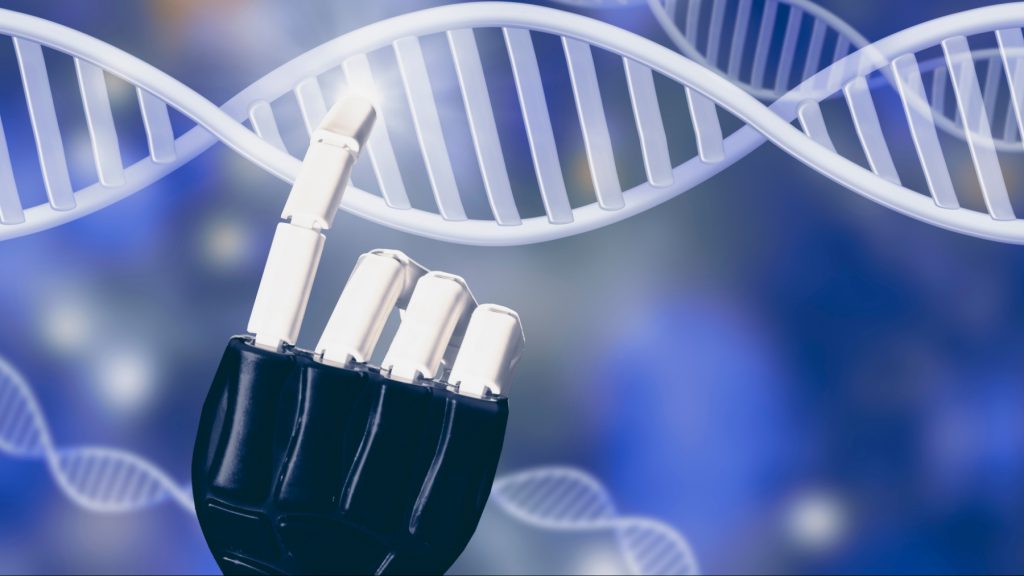
At the University of Galway, researchers have pioneered a groundbreaking method to study infant health during the crucial first 180 days of life by creating digital babies.
A team of scientists has developed 360 advanced AI computer models that mimic the unique metabolic processes of each baby. The models are the first to represent newborn and infant metabolism, incorporating 26 organs, six cell types, and over 80,000 metabolic reactions.
Precision Medicine Applications
The digital babies were crafted using real-life data from 10,000 newborns. This data included variables like sex, birth weight, and metabolite concentrations, which helped in crafting and validating the models. These personalized models allow scientists to explore an individual infant’s metabolism, paving the way for tailored medical interventions.
Bridging Gaps in Pediatric Healthcare
Led by Professor Ines Thiele from the University of Galway’s Digital Metabolic Twin Centre and Heidelberg University, this research is poised to enhance precision medicine through computational modeling.
“This computational modeling of babies is seminal, opening new avenues for understanding infant metabolism and potentially improving how we diagnose and treat early-life medical conditions,” said Professor Thiele.
Unique Metabolic Features of Infants
Elaine Zaunseder, the lead author from Heidelberg University, emphasized that infants have distinct metabolic needs that differ significantly from adults. “Infants have higher energy demands for body temperature regulation without the ability to shiver, requiring unique metabolic adaptations,” Zaunseder explained. The team used these insights to develop mathematical models that simulate these specialized processes.
- Simulating Real-World Conditions
By integrating breast milk data into these models, the researchers could simulate whole-body metabolism based on the infants’ diet. The models successfully mimicked the growth patterns of real-world infants over six months, demonstrating their accuracy and potential applications in pediatric healthcare.
- Towards Personalized Treatment
The research highlights the models’ capability to predict known biomarkers for inherited metabolic diseases, which are critical for early diagnosis and treatment. “Our models not only help in understanding healthy infant metabolism but also offer insights into metabolic diseases, aiding in the development of personalized treatment strategies,” added Professor Thiele.
Impact on Pediatric Healthcare
The development of these digital metabolic twins marks a significant advancement in pediatric healthcare, offering a comprehensive view of infant metabolic processes and enabling customized disease management tailored to each infant’s unique needs.
This work, published recently in Cell Metabolism, is a collaboration between the University of Galway and several institutions in Heidelberg, Germany, including the Heidelberg Institute for Theoretical Studies and Heidelberg University Hospital.
Inside Telecom provides you with an extensive list of content covering all aspects of the Tech industry. Keep an eye on our Medtech section to stay informed and updated with our daily articles.